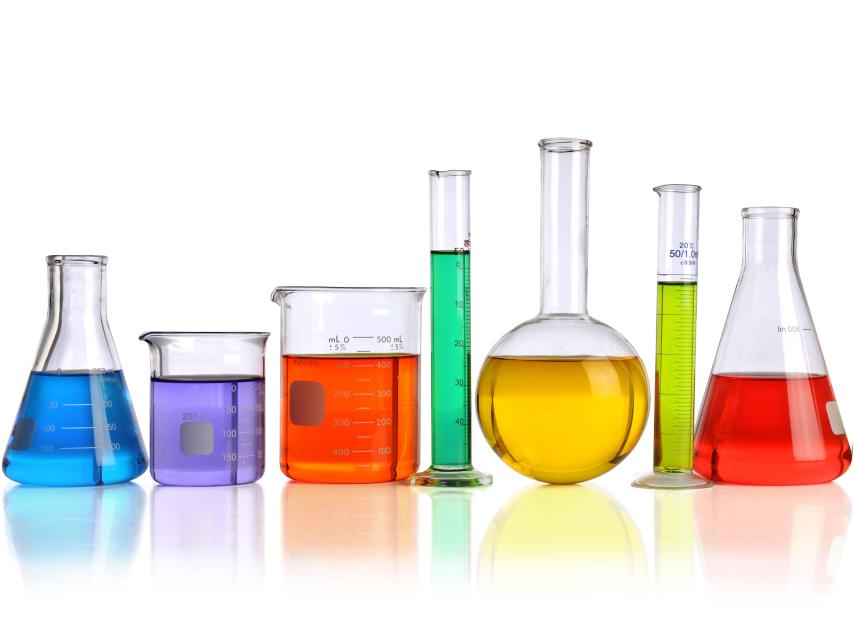Rubber Material Inorganic Additive Verification
In the realm of chemical testing, particularly within the context of rubber material inorganic additive verification, precision and accuracy are paramount. This service is designed to ensure that any inorganic additives present in rubber materials meet stringent quality standards, thereby enhancing the overall performance, durability, and reliability of these materials.
The process begins with a thorough evaluation of the raw materials used in the production of rubber products. This involves identifying the types of inorganic additives (such as antimony oxide, zinc oxide, or calcium carbonate) that are commonly added to improve certain properties like hardness, stability, and cost-effectiveness. The testing phase is critical because it ensures that these additives do not compromise the integrity or performance of the final product.
Our laboratory employs state-of-the-art equipment and methodologies to conduct this verification. Key instruments include scanning electron microscopes (SEM) for detailed structural analysis, X-ray fluorescence spectrometers (XRF) for elemental composition determination, and Fourier-transform infrared spectroscopy (FTIR) for identifying functional groups within the compounds. These tools provide precise data that can be cross-verified against industry standards.
The testing process typically involves several steps: first, a sample of the rubber material is prepared according to specific protocols established by international standards such as ISO 178 and ASTM D412. This preparation ensures consistency across different batches of materials. Once prepared, the samples undergo rigorous analysis using the aforementioned instruments.
The results are then compared against predefined acceptance criteria set forth by relevant regulations like EU legislation or specific customer requirements. Compliance with these standards is crucial for ensuring that rubber products meet safety and performance expectations. If any non-compliance issues arise during testing, our team works closely with clients to identify root causes and implement corrective actions.
By providing thorough verification of inorganic additives in rubber materials, this service supports various industries including automotive, footwear, and construction. It helps manufacturers maintain high-quality standards while also adhering to environmental protection guidelines by using appropriate levels of necessary additives without excess.
Applied Standards
- ISO 178 - Rubber—Determination of tensile strength and elongation at break: This standard provides guidelines for testing the mechanical properties of rubber materials, which are essential in understanding how well the material will perform under stress.
- ASTM D412 - Standard Test Method for Vulcanized or Crosslinked Rubber and Thermoplastic Elastomers—Tensile Properties: Similar to ISO 178 but tailored specifically towards vulcanized rubber, this standard ensures accurate measurement of tensile strength and other mechanical properties.
These standards provide a framework for consistent testing procedures across different laboratories, ensuring reliable results that can be trusted by industry stakeholders. Compliance with these internationally recognized standards is critical in maintaining quality control throughout the manufacturing process.
Eurolab Advantages
- Expertise and Experience: With over two decades of experience in chemical testing, Eurolab's team comprises highly skilled professionals who stay updated with the latest advancements in analytical techniques.
- Precision Instruments: We utilize cutting-edge equipment like SEMs, XRF spectrometers, and FTIR analyzers to deliver accurate results every time.
- Comprehensive Reporting: Our reports go beyond mere test outcomes; they provide actionable insights that guide clients in making informed decisions about their product development processes.
Choosing Eurolab means accessing unparalleled expertise and state-of-the-art facilities, all dedicated to delivering superior services tailored specifically for your business needs. Whether you're a quality manager looking to ensure consistent product quality or an R&D engineer seeking innovative solutions, our commitment to excellence ensures that you receive the best possible service.
Competitive Advantage and Market Impact
- Innovation Leadership: Our continuous investment in research and development allows us to stay ahead of regulatory changes, ensuring that our clients remain compliant with the latest standards.
- Global Reach: With facilities across Europe, we offer localized testing services while maintaining global consistency, making it easier for international businesses to manage their supply chains efficiently.
Our service plays a pivotal role in driving market trends by promoting the use of high-quality rubber materials that incorporate appropriate levels of necessary additives. By adhering strictly to international standards, we contribute significantly to enhancing product safety and performance, which ultimately benefits both consumers and manufacturers alike.





